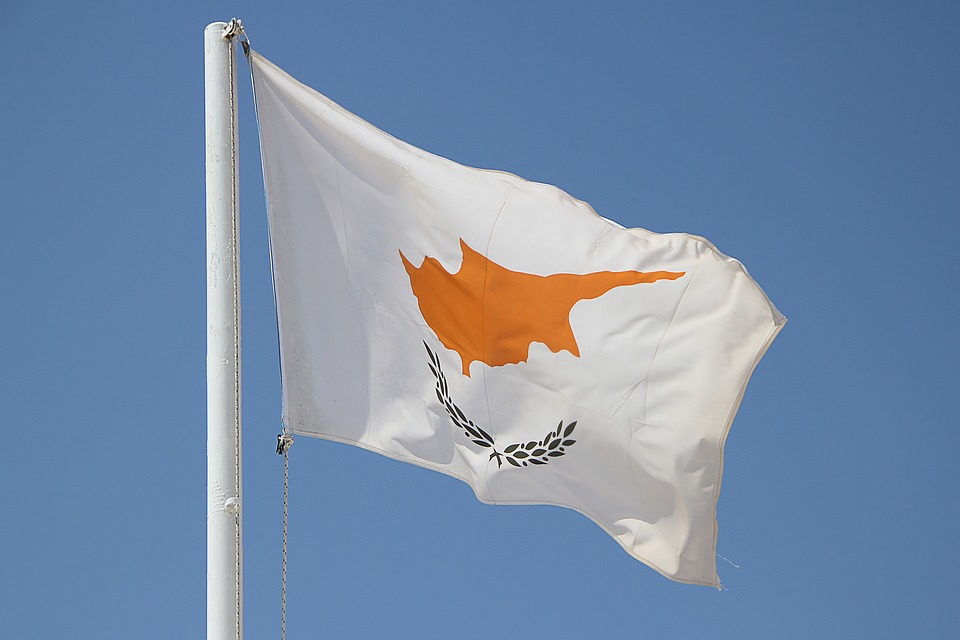About
|
The Republic of Cyprus is confronted with significant decisions as to how energy infrastructure should develop in the coming decades. This is heavily dependent on the overall new energy system Cyprus aims to achieve by 2030 and 2050. As this island-country presently imports all of its required oil products for electricity generation, transport and much of its heating needs, attempts are underway to reduce this import dependency through the development of domestic energy resources. The continued reduction in the cost of renewable energy technologies, coupled with abundant renewable energy potential, provides the opportunity for reducing the island’s dependency on fossil fuels while complying with energy and climate targets for 2020 and 2030. Further, it would bring it on track with the goals set by the COP21 agreement in Paris, which aims at peaking carbon dioxide emissions as soon as possible. Additional to these targets, Cyprus has to conform with directives on energy efficiency improvements and transport and in particular national emission limits, which will become stricter in 2020 due to the phase out of a derogation on EU directives . The need for informed decision-making is evident and an ongoing study aims to fill this gap through a quantitative analysis of the entire Cypriot energy system, using OSeMOSYS (Open Source Energy Modelling System); a cost-optimization tool used for long-term energy planning.
|


